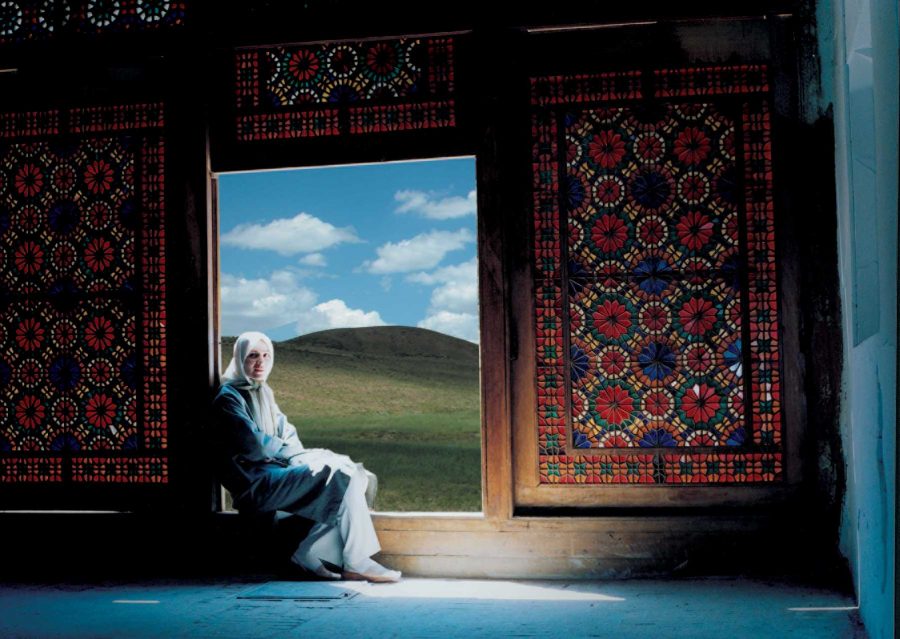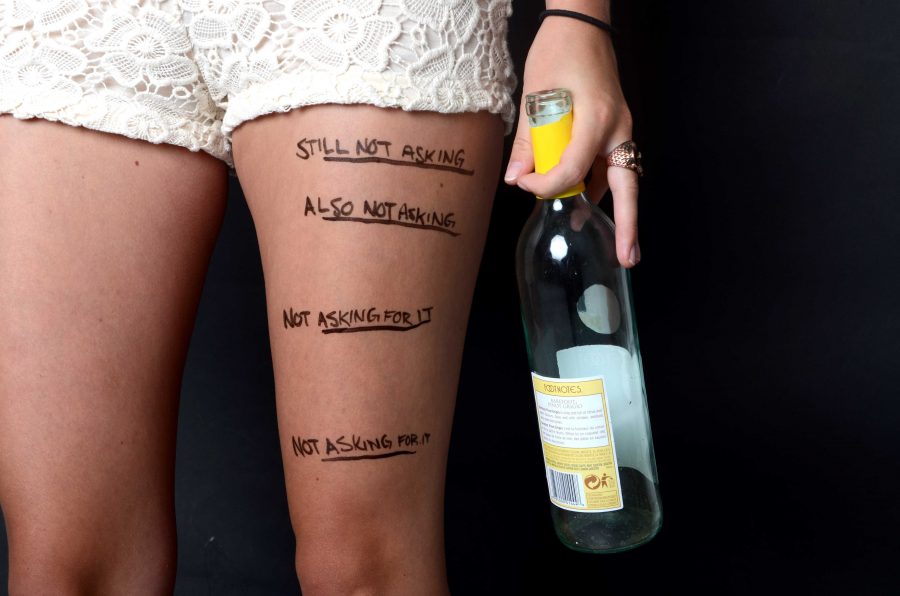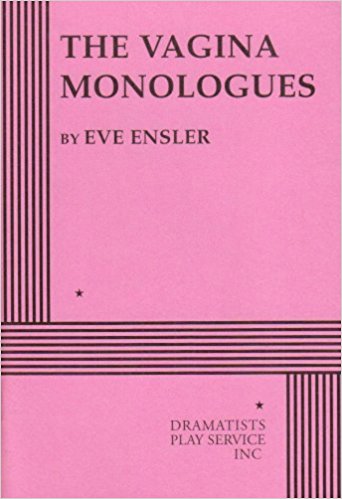By Lindsey Stokes
Staff Writer
Attempting to break the stigma surrounding Islam, the Simmons Islamic Society (SIS), in partnership with the Office of Spiritual Life (OSL), hosted Islam 101 on Thursday.
Maham Zia, Muslim Advisor at the OSL began by breaking down eight commonly held misconceptions about Islam, including everything from forced marriage to honor killings and the pairing of science and religion.
Zia explained that many of the violent practices seen in some Islamic countries are tied more often to the culture of the region they take place in, not the faith itself. There are no passages advocating the stoning of adulturers or promising 72 virgins for martyrs anywhere in the Qur’an, according to Zia.
Zia went on to discuss the misconceptions of Islam surrounding oppression, perceived or otherwise, such as the donning of the hijab, forced marriages, and female honor killings.
Forced marriage is seen world wide, and is not specific to Islamic countries, Zia said. If a marriage contract is found, according to the Qur’an, it is void.
Honor killings, or acts of vengeance committed by male family members against female members, are a traditional and cultural practice in no way tied to Islam, Zia stressed. More often than not, honor killings are “family members taking things into their own hands” and only in “misogynistic circumstances, not in educated circles,” said Zia. The use or justification of such killings is not found in the Qur’an.
The word “hijab,” explained Zia can refer to two things: the concept of being modest in a public place, or the physical scarf itself,.While many debates surrounding the true meaning continues to flourish, “hijab” has come to represent the physical scarf.
“There is no enforcement of the hijab,” said Zia. “There simply cannot be because the meaning is interpretive.”
“Nasty stigma makes it harder [to wear the Hijab] but it’s more internal,” said Norah Ismail, a sophomore representative of SIS. “We chose to do this and we aren’t here to please.”
Aiza Zia, historian for SIS said she likes wearing the hijab because it gives other people the opportunity to see that she is a Muslim and can ask her questions. “It opens things up,” she said.
When asked how the Simmons community responds to the hijab, Ismail said reactions are mixed.
“I think that there is a sense of discomfort in some,” said Ismail. “There are others though that are excited to ask questions.”
“I think sometimes people just don’t want to seem disrespectful by asking questions,” said Aiza Zia. “People should feel free to ask questions. Ask me questions!” she said with a laugh.
The group was asked what Islam meant to them personally, and after a few moments of reflection, answers came in a steady stream.
“Peace, kindness, being good to your family,” answered one student. “Be good to your neighbors, live a good life, be a good person. Better yourself, better your heart.”
When asked about the increasing violence against Muslims, and rampant Islamaphobia Maham Zia said that negative media portrayals are egging the general public on.
“Violent individuals are seen in every society in the world,” said Zia. “They are in now way exclusive to Islam.”
“I think there is a lot more to this issue than just one group against another,” Zia said. “In the end we are all in this human community together.”















